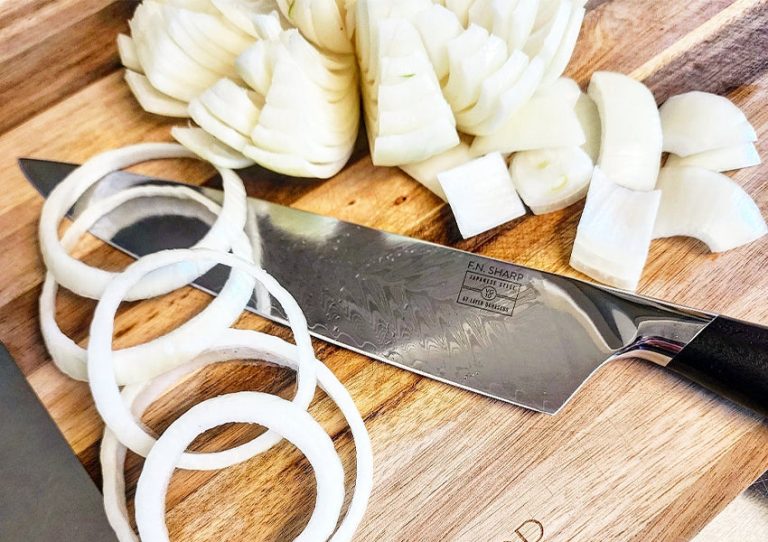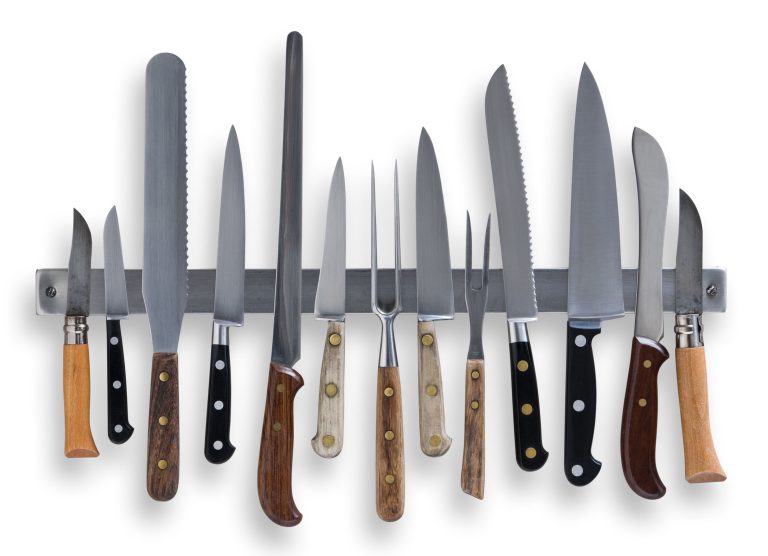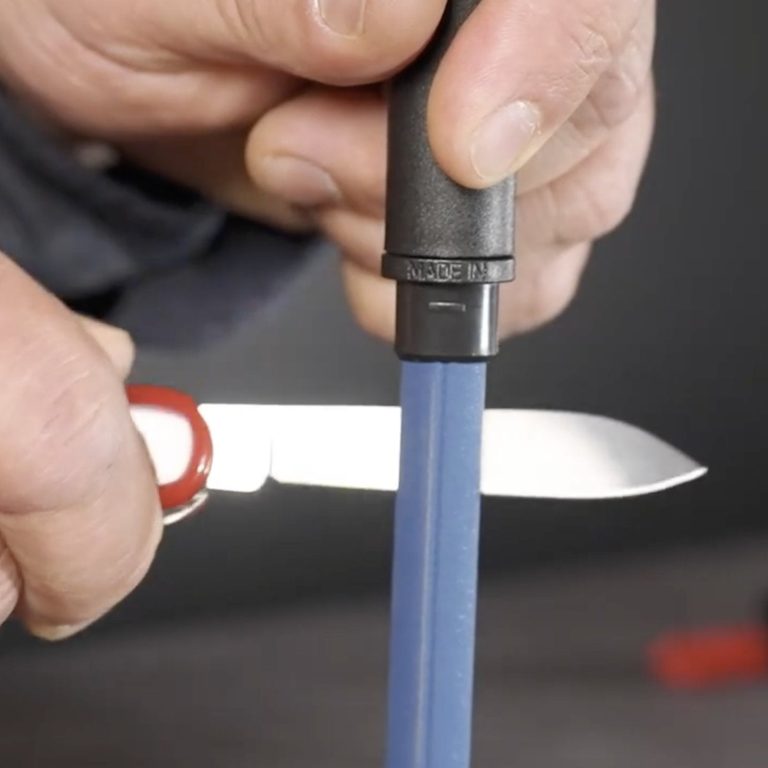Knife Laws And Regulations: Navigating the Legal Landscape
Navigating knife laws and regulations can be complex, but understanding the legal landscape is crucial. We will explore the ins and outs of knife regulations, providing you with the necessary information to stay compliant and avoid potential legal issues.
From knife types and blade lengths to carry restrictions and prohibited locations, we will delve into the key aspects of knife laws to help you stay informed and navigate this often confusing area of legislation.
What Are Knife Laws And Regulations?
Knife laws and regulations refer to the legal guidelines governing the possession, carry, and use of knives in a specific jurisdiction. Understanding these laws is essential for knife enthusiasts, collectors, hunters, and anyone who carries a knife regularly.
Knife laws and regulations define what types of knives are permitted, where and how they can be carried, and the circumstances in which they can be used. They vary from one jurisdiction to another, so what may be legal in one place may be prohibited in another. It is crucial to know the specific laws of your location to avoid legal trouble and ensure compliance.
By familiarizing oneself with knife laws and regulations, individuals can stay on the right side of the law and make informed decisions about their knife-related activities. It helps prevent unintentional violations, such as carrying a prohibited knife unknowingly or using it in restricted areas.
Moreover, understanding knife laws and regulations fosters responsible knife ownership, as it encourages individuals to adhere to the legal framework set forth by their jurisdiction. This awareness promotes safety, as individuals become more mindful of when and where they choose to carry and use their knives.
In summary, knife laws and regulations play a crucial role in ensuring legal compliance, preventing unintentional violations, and fostering responsible knife ownership. By knowing and understanding these laws, individuals can navigate the legal landscape surrounding knives with confidence.
Types Of Knives Regulated By Legal Systems
Knife laws and regulations vary from one country to another, making it important for individuals to familiarize themselves with the legal landscape surrounding knives. One aspect of knife laws includes the types of knives that are subject to regulations. These regulations can restrict or even prohibit the possession or use of certain knives. Examples of common knives that may be subject to restrictions include switchblades, automatic knives, ballistic knives, butterfly knives, and gravity knives. These knives are often regulated due to their potential for quick deployment, concealment, or increased danger in certain situations. It is essential for individuals to be aware of the specific regulations pertaining to these knives in their jurisdiction to ensure compliance with the law and avoid potential legal consequences.
Factors That Influence Knife Laws And Regulations
Factors that Influence Knife Laws and Regulations:
Socio-cultural influences:
Socio-cultural influences play a significant role in determining knife laws and regulations. Different societies have varying perspectives on the use and possession of knives based on cultural beliefs and values. These influences can stem from traditions, customs, and societal norms.
Geographical factors:
Geographical factors also influence knife laws and regulations. Certain regions may have specific restrictions due to their unique landscapes and geographic attributes. For example, areas with high incidences of wildlife encounters may have limitations on the types of knives that can be carried for safety purposes.
Historical context:
The historical context of a country or region often shapes its laws and regulations surrounding knives. Historical events, such as crime rates or societal changes, can influence the development of legislation. Understanding the historical context can provide insights into the reasoning behind specific knife regulations.
Public safety concerns:
Public safety concerns heavily impact knife laws and regulations. Governments aim to balance the need for personal protection with the prevention of criminal activities. Public opinion and statistical data on knife-related incidents guide policy-making to ensure the safety of individuals and communities.
Knife Laws And Regulations In The United States
Knife Laws and Regulations in the United States
When it comes to knife laws and regulations in the United States, it is essential to understand the variations that exist. Let’s start with an overview of federal knife laws. Under federal law, there are minimal restrictions on owning and possessing knives. However, certain types of knives, such as switchblades and ballistic knives, are subject to federal regulations.
Moving on to state knife laws, it’s important to note that each state has its own set of regulations. These laws can vary significantly, affecting factors such as blade length, permissible knife types, and age restrictions. Consequently, it’s crucial to research the specific knife laws in your state of residence or any state you plan to visit.
Concealed carry laws and restrictions also play a role in knife regulation. Some states require permits for concealed carry of knives, while others do not. Knowing the laws regarding concealed carry is crucial to avoid any legal complications.
Lastly, certain cities or jurisdictions may have additional knife laws that differ from state regulations. It’s advisable to check local ordinances whenever traveling within or to a specific city to ensure compliance with their knife laws.
Knife Laws And Regulations In Europe
Knife laws and regulations in Europe vary from country to country, with the European Union (EU) providing a framework for some overarching regulations. It is important to be aware of these variations when traveling within Europe.
In general, the EU takes a cautious approach to knife regulation, prioritizing public safety. While there are common guidelines, individual countries have the right to set their own specific restrictions.
| Country | Specific Regulations |
|---|---|
| United Kingdom | The UK has strict laws on carrying knives in public, with certain types of knives being prohibited. |
| Germany | Germany also has restrictions on carrying knives in public, especially in certain designated zones. |
| Spain | Spain permits carrying knives for self-defense purposes, but certain types of knives are prohibited. |
Other popular European destinations such as France, Italy, and Sweden also have their own specific regulations that should be considered when traveling. It is advisable to research and familiarize yourself with the laws of the specific country you plan to visit to ensure compliance.

Credit: wiciklaw.com
Knife Laws And Regulations In Other Parts Of The World
Knife laws and regulations vary from country to country, and understanding the legal landscape can be crucial for individuals who use or carry knives. In Australia, for example, the import, sale, possession, and use of certain types of knives are strictly regulated. There are different categories of knives, including those that are prohibited altogether and those that require a lawful excuse for possession. In Canada, the regulations are also stringent, with certain types of knives deemed illegal to possess or carry, such as switchblades and butterfly knives. Other countries around the world have their unique and interesting regulations as well. For instance, some countries require individuals to carry a permit or license for certain types of knives, while others have restrictions on blade length or locking mechanisms. It is essential to research and familiarize oneself with the knife laws and regulations of specific countries to avoid any legal issues.
Tips For Complying With Knife Laws And Regulations
Tips for Complying with Knife Laws and Regulations
Researching local knife laws before traveling is essential to ensure compliance with the regulations in different jurisdictions. Understanding and avoiding purchasing or carrying prohibited knives is crucial for avoiding legal trouble. It is important to familiarize yourself with the list of prohibited knives in your area.
Safe storage and transportation practices are key to complying with knife laws. Keeping your knives securely locked away at home or during transport can help prevent legal issues. Compliance with specific laws regarding concealed carry or self-defense is also essential. This may include obtaining the necessary permits and adhering to any restrictions or requirements.
Consequences Of Violating Knife Laws And Regulations
The consequences of violating knife laws and regulations can be severe, and it is crucial to stay informed and compliant to avoid legal penalties and repercussions. Some individuals may face real-life examples of individuals who have faced legal consequences for such violations.
Resources For Staying Up-To-Date On Knife Laws And Regulations
Knife laws and regulations can vary significantly across jurisdictions, making it crucial for knife enthusiasts to stay informed. Fortunately, there are several resources available to help navigate the legal landscape. Online knife law databases and resources provide a comprehensive and up-to-date collection of information pertaining to knife regulations. These databases allow individuals to search by location or specific statutes, ensuring that they have access to the most relevant information for their area. Additionally, local law enforcement agencies and legal advisors can provide valuable insight into the specific knife laws applicable to a particular region. Seeking guidance from these sources can help individuals understand the legalities surrounding knife ownership, carry, and usage. Lastly, professional knife organizations and communities offer a wealth of knowledge and support for those interested in staying abreast of knife laws and regulations. Engaging with these groups can provide opportunities to connect with like-minded individuals and access resources such as forums and educational materials.
Conclusion
Understanding knife laws and regulations is crucial for anyone who wants to navigate the legal landscape safely and responsibly. By familiarizing yourself with local, state, and federal laws, you can avoid unintentionally violating any regulations and facing legal consequences. It is important to know the definitions of various types of knives, the restrictions on carrying and owning them, and the legal consequences for violating these rules.
Keeping up to date with any changes in knife legislation is also essential. By staying informed, respecting the law, and using knives responsibly, you can enjoy the benefits of these versatile tools without running afoul of the legal system. Whether you are an avid collector, a professional chef, or simply someone who needs a knife for everyday tasks, knowledge of knife laws will help you stay on the right side of the law and ensure a safe and legal experience.






